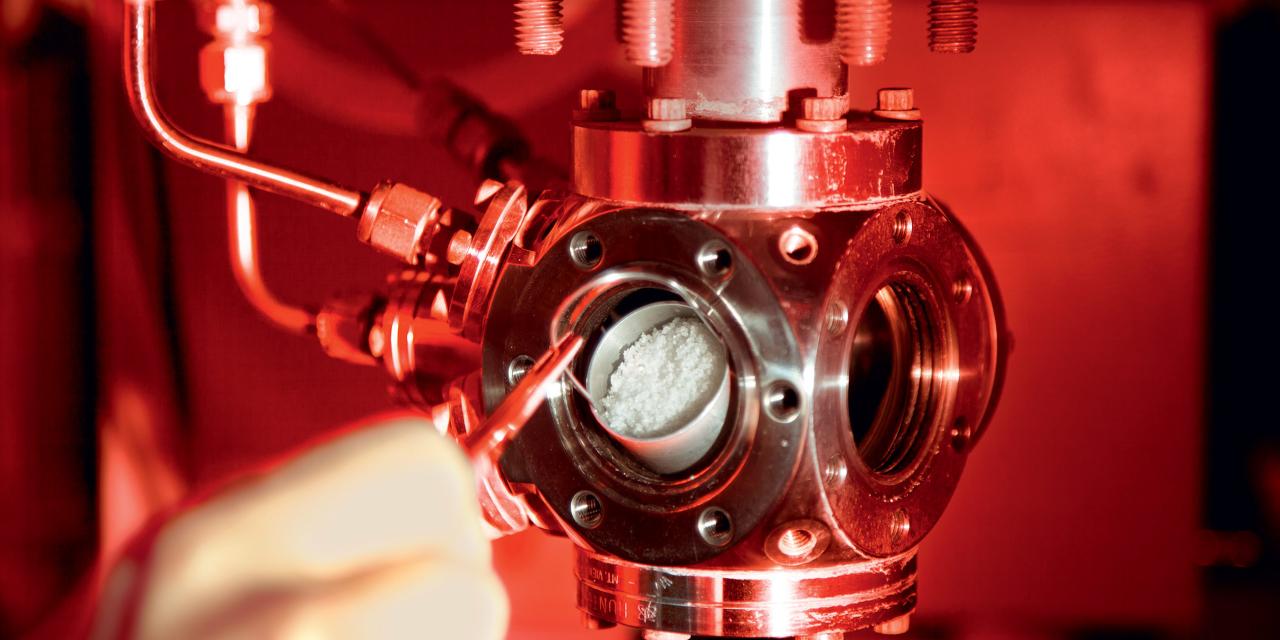Recently we have started two new projects within the DPI Polyolefins programme.
The first one started in March: Multi-scale Analysis and Design of the Pyrolysis of Polyolefins (MADPY). In this project, the chemical recycling of plastic packaging is explored. This process involves high-temperature decomposition of the plastics packaging to bring it back to the original chemicals used to produce the plastic packaging. The aim is to gain fundamental insights in the molecular reactions and multi-phase/multi-scale phenomena during the high-temperature decomposition. This gain in knowledge will (1) facilitate scale-up of these processes from lab to industrial scale, (2) allow to design and operate these processes in the most environmentally beneficial manner, and (3) leverage academic knowledge to plastic production plants to improve the recyclability of plastic packaging. In the end, a novel European chemical recycling economy brings new opportunities for job creation, economic independence, and innovation.
The second project started in April: Innovative Molecular Activators for Olefin Polymerisation (i-MAO). This project aims at exploring a new class of molecular activators mimicking the reactivity and function of methylaluminoxane (MAO), i.e., acting as “complete” cocatalysts for molecular olefin polymerisation catalysts. The new class of activators is based on dimeric aluminium cations that show an activation behaviour similar to MAO but have much improved scavenging capabilities at lower aluminium-to-metal ratios. Moreover, the Lewis acidity of the system is easily tuneable, for instance, via donor molecules included in the formulation. Potential advantages of this cocatalyst class over established systems include the possibility to reduce scavenger-to-catalyst ratios needed for optimal catalytic performance, tailoring of the cocatalyst for specific pre-catalysts, and improved kinetic regimes at industrially relevant high temperatures.

Two new projects in Polyolefins
16 May 2022